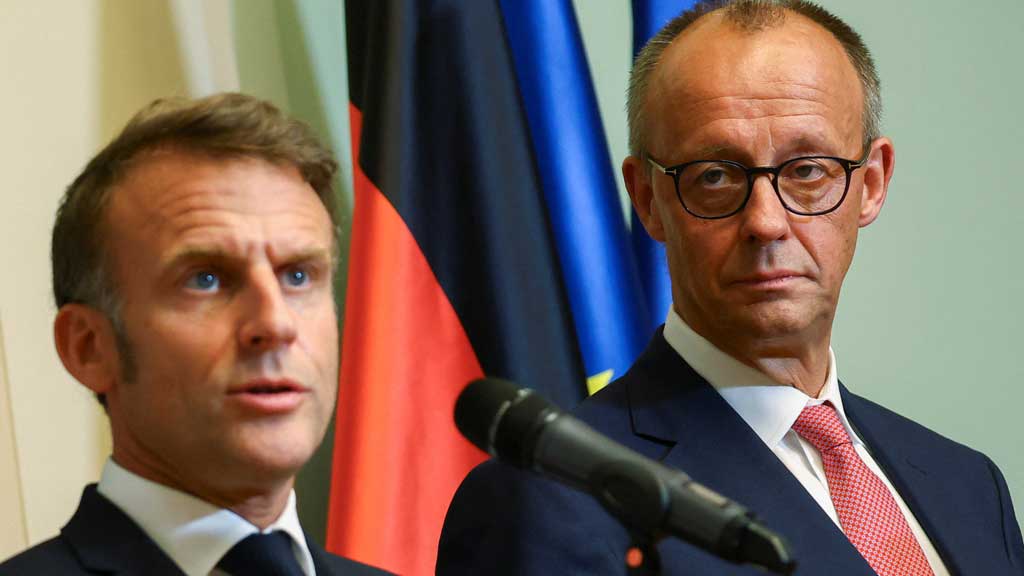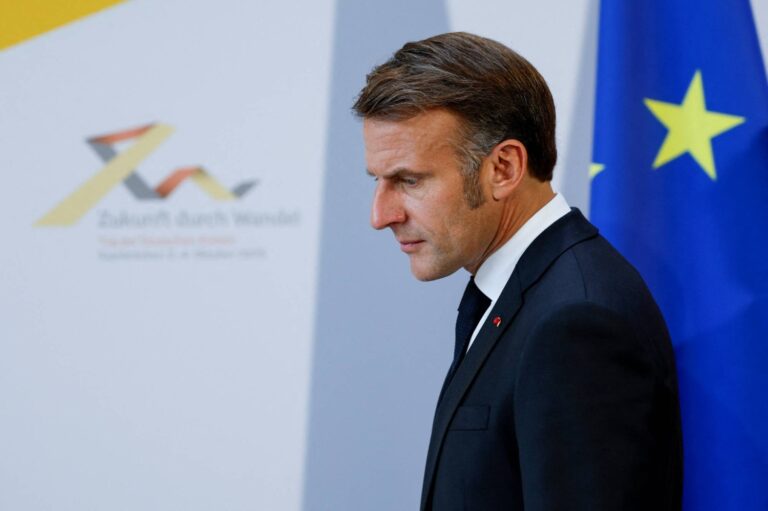
France, Germany, and the United Kingdom have announced their readiness to reimpose sanctions on Iran if it continues to violate its nuclear commitments. The three countries say they are determined to stop Iran from acquiring nuclear weapons and remain committed to protecting the integrity of the 2015 nuclear agreement.
The 2015 accord, formally called the Joint Comprehensive Plan of Action (JCPOA), aimed to limit Iran’s nuclear program in exchange for sanctions relief. However, after the United States withdrew from the deal in 2018, Iran began rolling back its commitments. Since then, France, Germany, and the UK have worked to preserve the agreement but are now expressing growing frustration with Iran’s continued violations.
Officials from the three countries have cited Iran’s increased uranium enrichment and restricted access for international inspectors as major concerns. They argue that these actions erode trust and make it harder to ensure the nuclear program remains peaceful.
While they still prefer diplomacy, the European nations believe increased pressure is necessary if talks fail. They have coordinated their approach closely and remain in contact with the United States and other international partners.
France, Germany, and the UK are urging Iran to fully comply with the JCPOA and grant inspectors unrestricted access to its nuclear facilities. They view transparency as essential to rebuilding trust and preventing escalation.
Reimposing sanctions marks a shift toward a tougher stance. The three countries argue that Iran’s nuclear activities now exceed the deal’s original limits and serve no clear civilian purpose. Their concerns reflect growing international unease over Iran’s intentions.
Although they consider sanctions a last resort, France, Germany, and the UK believe they can be effective. Past sanctions had a significant impact on Iran’s economy and helped bring Tehran to the negotiating table. They now seek broad international coordination to maximize the impact of any new measures.
Tehran has consistently denied seeking nuclear weapons. Iranian officials maintain that their nuclear program is peaceful and accuse Western governments of double standards. They also argue that sanctions hurt ordinary people and undermine diplomacy. France, Germany, and the UK reject these claims, saying Iran’s current actions leave them with few alternatives.
Tensions remain high as both sides stick to firm positions. The European nations say they are open to renewed talks but warn that time is running out. They emphasize the need to prevent nuclear proliferation and highlight the importance of stability in the Middle East.
For now, global attention is fixed on whether diplomacy can still succeed—or if renewed sanctions will once again define Iran’s relationship with the West.

